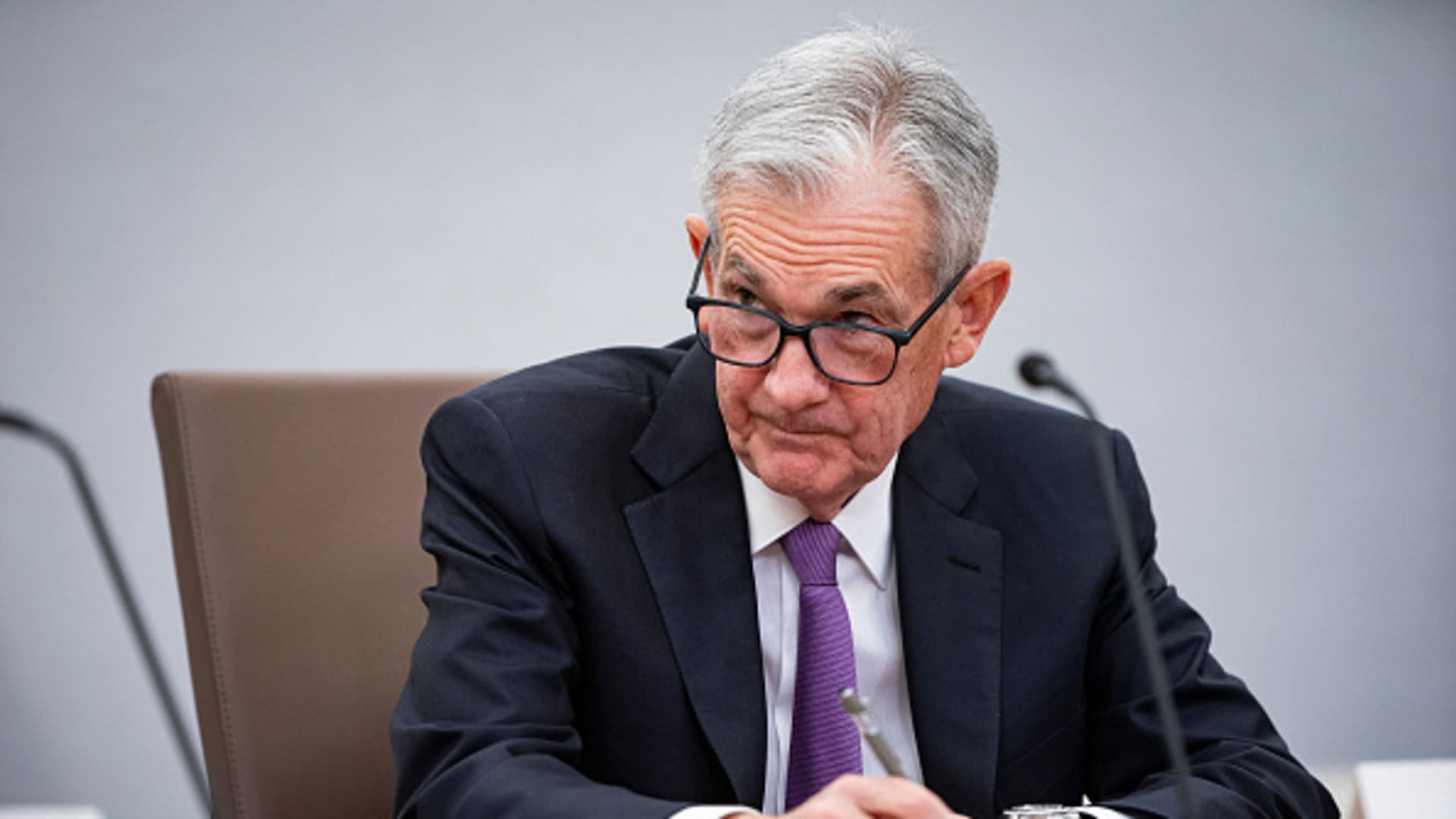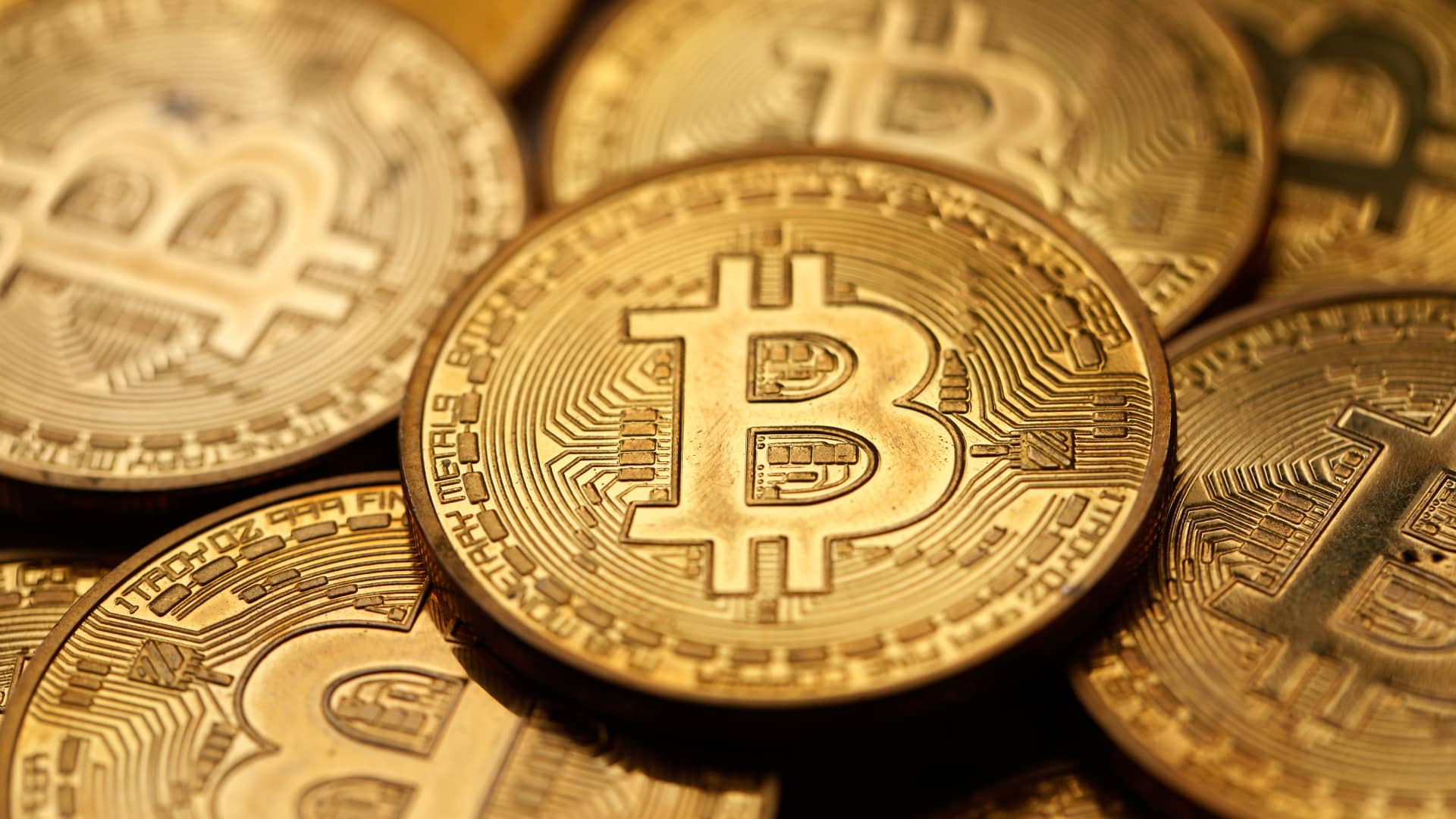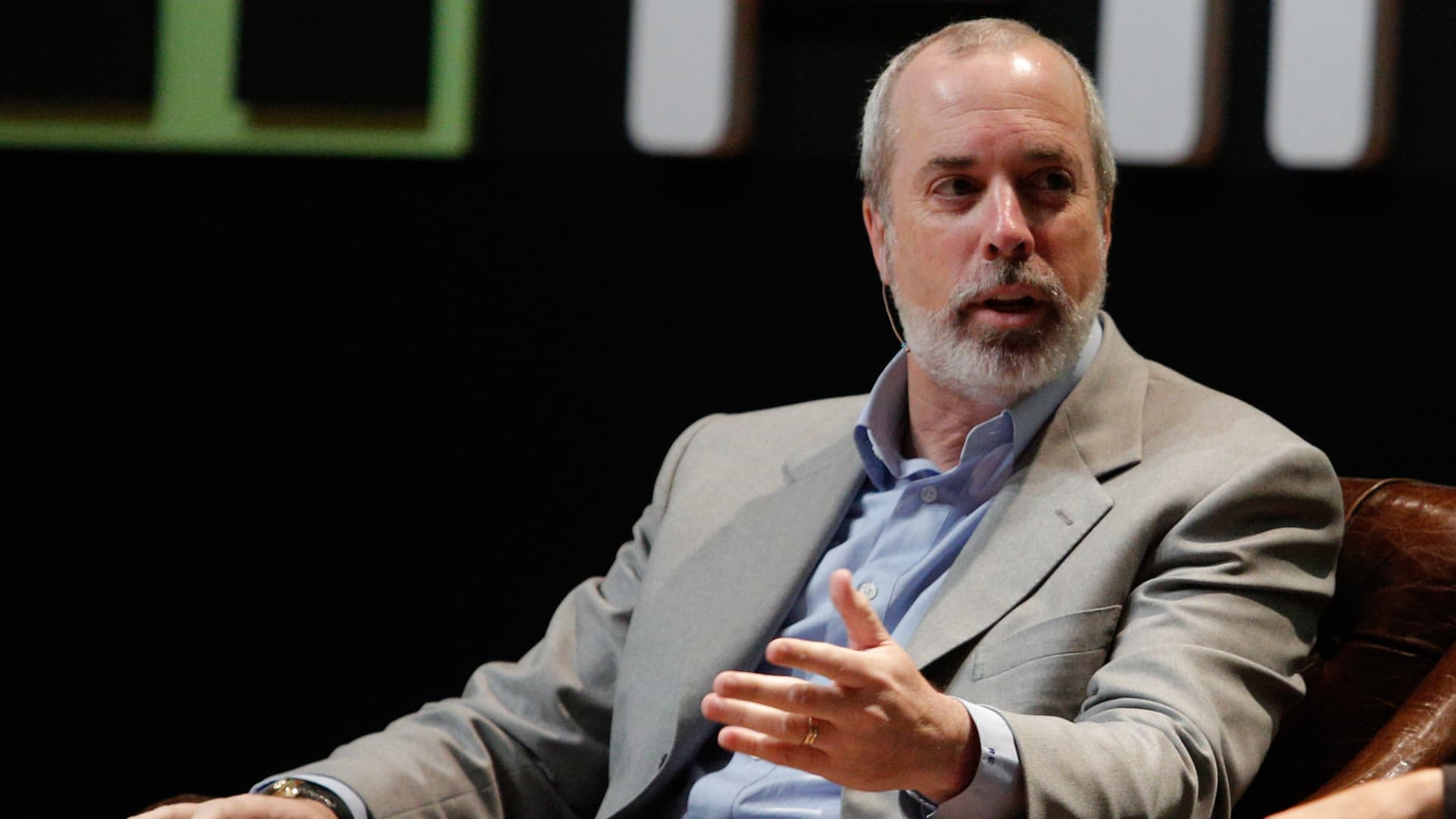Jerome Powell, chairman of the US Federal Reserve, during a Fed Listens event in Washington, DC, US, on Friday, March 22, 2024. A trio of central bank decisions this week sent a clear message to markets that officials are preparing to loosen monetary policy, reigniting investor appetite for risk.
Bloomberg | Bloomberg | Getty Images
Federal Reserve Chairman Jerome Powell said Wednesday it will take a while for policymakers to evaluate the current state of inflation, keeping the timing of potential interest rate cuts uncertain.
Speaking specifically about stronger-than-expected price pressures to start the year, the central bank leader said he and his fellow officials are in no rush to ease monetary policy.
“On inflation, it is too soon to say whether the recent readings represent more than just a bump,” Powell said in remarks ahead of a question-and-answer session at Stanford University.
“We do not expect that it will be appropriate to lower our policy rate until we have greater confidence that inflation is moving sustainably down toward 2 percent,” he added. “Given the strength of the economy and progress on inflation so far, we have time to let the incoming data guide our decisions on policy.”
The remarks come a week after the rate-setting Federal Open Market Committee again voted to hold benchmark short-term borrowing rates steady. In addition, the committee’s post meeting statement on March 20 included the “greater confidence” qualifier needed before cutting.
‘Bumpy path’
Markets widely expect the FOMC to start easing policy this year, though they have had to recalibrate their outlook for the timing and extent of cuts as inflation has held stubbornly higher. Other economic variables, particularly in the labor market and consumer spending, have held up as well, giving the Fed time to assess the current state of affairs before moving.
The Fed’s preferred inflation measure, the personal consumption expenditures price index, showed a 12-month rate of 2.5% for February, or 2.8% for the pivotal core measure that excludes food and energy. Virtually all other inflation gauges show rates in excess of 3%.
“Recent readings on both job gains and inflation have come in higher than expected,” Powell said. “The recent data do not, however, materially change the overall picture, which continues to be one of solid growth, a strong but rebalancing labor market, and inflation moving down toward 2 percent on a sometimes bumpy path.”
Other Fed officials speaking this week have made remarks consistent with the Fed’s patient approach.
Cleveland Fed President Raphael Bostic told CNBC on Wednesday that he thinks just one cut might be in the offing as prices of some important items have turned higher. San Francisco Fed President Mary Daly said three cuts is a “reasonable baseline” but noted there are no guarantees, while Cleveland’s Loretta Mester also said cuts are likely later this year while adding that rates over the longer term may be higher than anticipated. All three are FOMC voters.
Powell reiterated that decisions are being made “meeting by meeting” and noted only that cuts are “likely to be appropriate … at some point this year.”
The uncertainty about rates has caused some consternation in markets, with stocks falling sharply earlier this week as Treasury yields moved higher. The market stabilized Wednesday, but traders in the fed funds futures market again repriced their rate expectations, casting some doubt on a June cut as the market-implied probability moved to about 54% at one point, according to CME Group data.
Election ahead
Along with his comments on rates, Powell spent some time discussing Fed independence.
With the presidential election campaign heating up, Powell noted the importance of steering clear of political issues.
“Our analysis is free from any personal or political bias, in service to the public,” he said. “We will not always get it right — no one does. But our decisions will always reflect our painstaking assessment of what is best for our economy in the medium and longer term — and nothing else.”
He also talked about “mission creep,” specifically as it relates to some demand for the Fed to get involved in climate change issues and the preparations financial institutions take for related events.
“We are not, nor do we seek to be, climate policymakers,” he said.
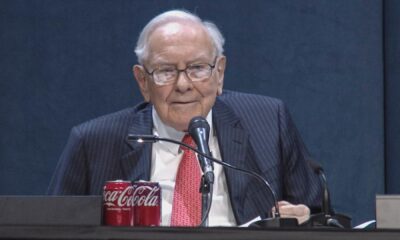
 Finance1 week ago
Finance1 week ago
 Finance1 week ago
Finance1 week ago
 Accounting1 week ago
Accounting1 week ago
 Economics1 week ago
Economics1 week ago
 Personal Finance5 days ago
Personal Finance5 days ago
 Economics1 week ago
Economics1 week ago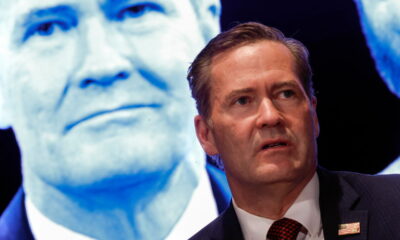
 Economics1 week ago
Economics1 week ago
 Personal Finance3 days ago
Personal Finance3 days ago
